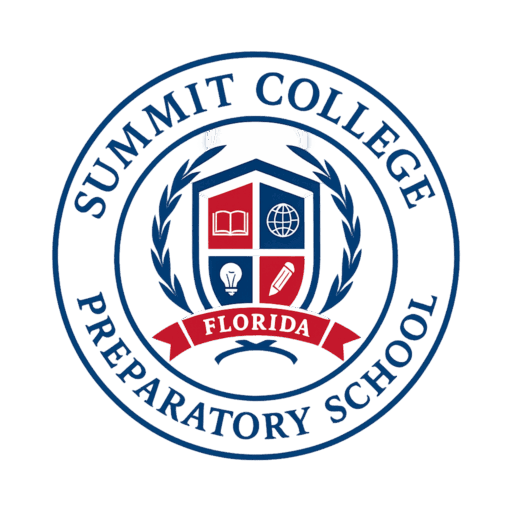What is Giftedness? A Comprehensive Overview
Giftedness is a multi-dimensional phenomenon that goes far beyond traditional definitions of academic excellence. While traditional views of intelligence often rely on standardized test scores or academic performance metrics, contemporary perspectives recognize that giftedness encompasses a wide range of abilities, including intellectual, creative, artistic, and leadership capacities. It is not limited to those who excel in school subjects like math or language arts; instead, giftedness reflects an individual's potential to perform at exceptionally high levels in one or more domains when compared to others of the same age, experience, or environment.
Gifted individuals tend to display heightened levels of curiosity, intensity, and sensitivity. They often exhibit advanced reasoning abilities, an early and sustained passion for learning, and the capacity to grasp complex concepts with ease. However, their abilities are often asynchronous: their intellectual capabilities may outpace their emotional, social, or physical development. As such, gifted education must be holistic, responsive to individual needs, and supported by evidence-based strategies that promote both academic excellence and personal growth. At Summit College Preparatory School, we recognize the importance of nurturing gifted learners through personalized learning paths, mentorship, and real-world application of knowledge.
1. The Nature of Giftedness
At the core of giftedness lies intellectual ability. Often a student’s advanced cognitive skills will be years ahead of their peers, including an exceptional memory, abstract reasoning, and rapid learning. Gifted students process information more efficiently and can make connections between ideas that others may miss. These abilities are often innate, but environmental factors—including family support, educational resources, and mentorship—can shape how these traits develop. The notion of multiple intelligences, proposed by Howard Gardner, has broadened the definition of giftedness to include artistic, kinesthetic, interpersonal, and intrapersonal intelligence. Understanding these multiple domains is key to recognizing and supporting gifted learners in diverse settings.
2. Identification of Giftedness
While identification of giftedness is often the primary focus of educational systems, spotting giftedness is frequently overlooked. Gifted students often underachieve in traditional classroom settings because their strengths go unnoticed or unrecognized. Early identification is critical to ensuring gifted learners receive the academic challenge and support they need. Traditional methods include IQ tests, achievement assessments, and teacher referrals. However, these approaches may miss twice-exceptional students—those who are gifted but also have learning differences. At Summit, we use a holistic identification process that values creativity, motivation, and leadership alongside cognitive and academic indicators. Every student is seen as a unique learner with potential waiting to be discovered and developed.
3. Giftedness and Asynchronous Development
Gifted students often experience emotional, social, and physical development that differs from their peers. This heightened emotional sensitivity is not a sign of weakness, but a reflection of deep empathy and awareness. These students may feel isolated or misunderstood without appropriate support. Social interactions may be difficult, especially if intellectual peers are scarce. Emotional support, counseling, and structured peer interaction are vital. Recognizing asynchronous development allows educators to provide targeted interventions and create inclusive learning environments. Summit fosters not only cognitive growth but also personal and emotional resilience, creating well-rounded individuals ready for global challenges.
4. Instructional Strategies for Gifted Learners
Gifted students need more than just accelerated or enriched curricula; they need education that respects their learning styles, allowing them to engage deeply, ask hard questions, and explore their passions. Differentiated instruction, project-based learning, independent research, and real-world applications can provide meaningful challenges and intellectual satisfaction. Our approach at Summit is flexible and learner-driven. We provide space for curiosity and academic autonomy, helping learners reach their full potential.
5. Challenges in Supporting Gifted Students
Giftedness brings with it a unique set of challenges, especially when gifted students are improperly supported or misunderstood. These challenges include social isolation, perfectionism, fear of failure, boredom in the classroom, and lack of academic challenge. Without appropriate support, these students may disengage or develop underachievement patterns. To mitigate these risks, Summit ensures a supportive academic environment, personalized mentorship, and strong partnerships with families. Our goal is to empower gifted students to embrace their strengths, confront their challenges, and achieve long-term personal success and purpose-driven academic outcomes.
6. The Role of Schools Like Summit
At Summit, we recognize the value of personalized instruction that empowers gifted students to explore at their own pace and depth. Our school model includes individualized learning plans, small-group mentorship, and competency-based assessment to ensure that every gifted learner is challenged and supported. We partner with families and educational experts to provide an ecosystem that allows gifted students to flourish. Our online, multilingual structure removes geographical boundaries, creating a truly global classroom that respects individual strengths and promotes collaborative learning. Summit is more than a school—it is a launchpad for future leaders, thinkers, and changemakers.
Conclusion
Giftedness is complex, multi-faceted, and personal. It requires flexible approaches to education. To fully understand giftedness, we must see beyond test scores and classroom grades, recognizing the whole child. Schools like Summit provide the personalized, research-backed environments that gifted learners need to thrive. Through innovation, empathy, and high expectations, we cultivate the next generation of visionary thinkers and compassionate leaders.
